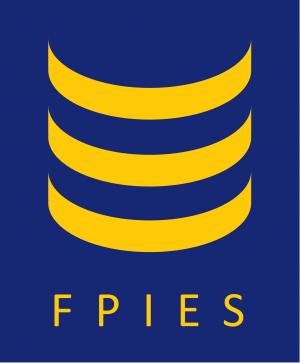FPIES Country Partner: the Netherlands
The Ministry of Education, Culture and Science (Ministerie van Onderwijs, Cultuur en Wetenschap) is responsible for initiating policies and legislation concerning the development of a national policy for special needs and inclusive education. It also implements, monitors and evaluates these policies. Part of this development is the financing of special needs and inclusive education and implementing, monitoring and evaluating policies concerning the financing of special needs and inclusive education.
For more information about country-specific data on inclusive education from the Netherlands, access the Country information for the Netherlands on the right side of this page.
Partner representatives
- Marjan Zanderbergen: Marjan is a senior policy advisor at the Ministry of Education, Culture and Science, Directorate Secondary Education. She is a member of the FPIES Project Advisory Group.
- Willem Lammers: Willem is a policy advisor at the Ministry of Education, Culture and Science. In the FPIES project, he is a Country Analyst.
- Inge van der Heul: Inge is a senior policy advisor at the Directorate of Primary Education. In the FPIES project, she is a Country Analyst.
The country study visit to the Netherlands
The role of the Dutch Ministry in the FPIES project was to host one of the six country study visits (CSV) involving policy-makers from three of the other five partner countries. The country study visit examined in depth the system of financing special needs and inclusive education in the Netherlands and identified features, challenges and opportunities within the model currently in use. A wide range of relevant stakeholders participated in the study visit and discussed the set-up and impact of financing policies in the Netherlands.
In the Dutch education system, public and private schools are guaranteed equal public funding. Education is financed by the Ministry of Education, Culture and Science along with other ministries, such as the Ministry of Health, and local authorities.
The general strength of the system discussed by CSV visitors was a clear commitment to the development of a decentralised, flexible and cost-effective system for inclusive education. This was evidenced by the development of school alliances within the 'education that fits' policy and a strong level of autonomy at school level that makes it possible to develop tailor-made support for each learner.
The Country Study Visit Reports and Country Reports from the Netherlands are available for download below.

